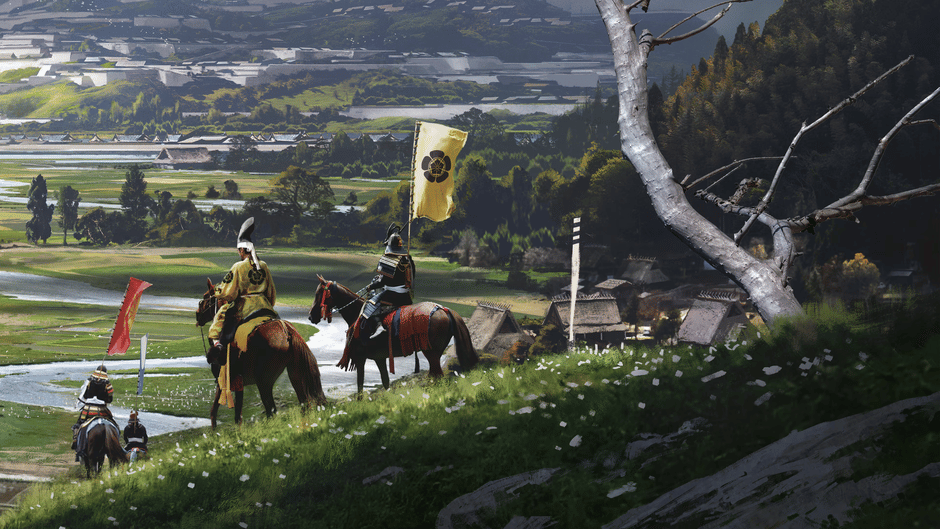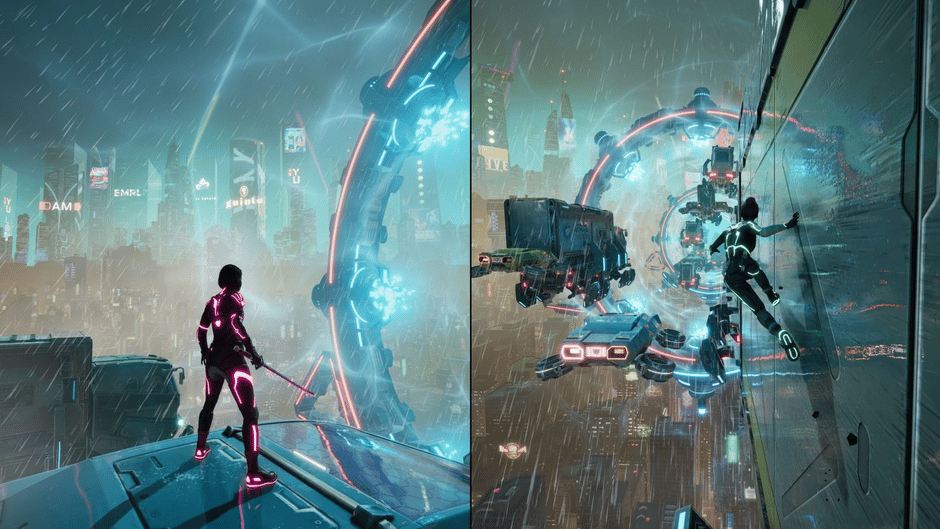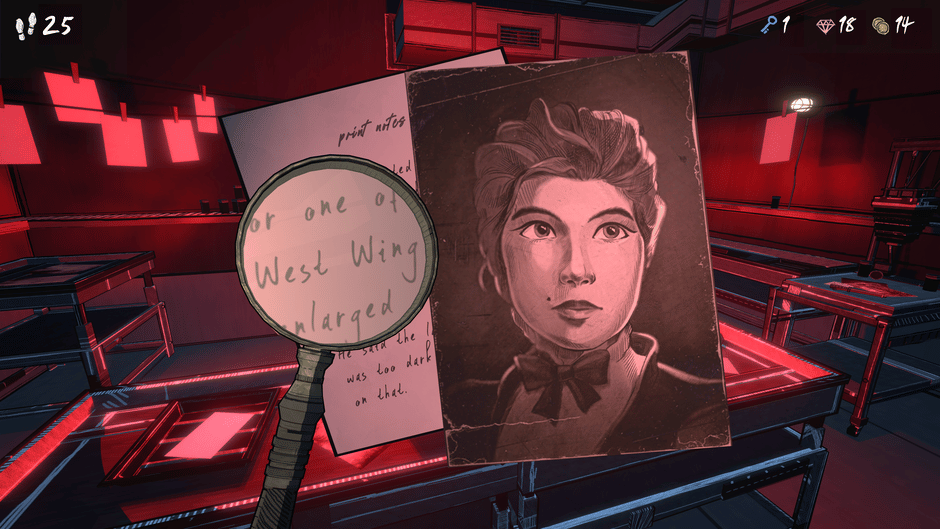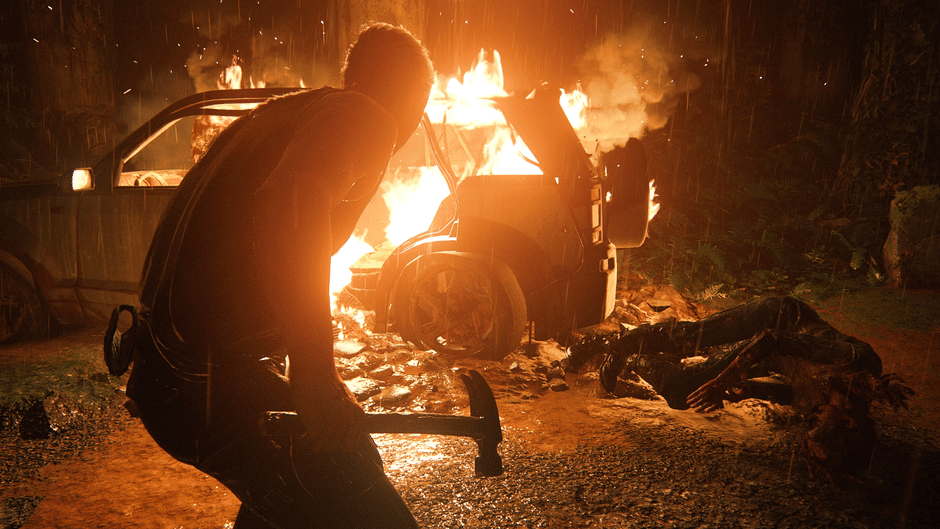Assassin's Creed Shadows: A Bold New Chapter in the Franchise
Assassin's Creed Shadows has finally arrived, and it’s already making waves in the gaming world. Set in Feudal Japan, this latest installment in Ubisoft’s long-running franchise promises to take players on an unforgettable journey

Assassin's Creed Shadows has finally arrived, and it’s already making waves in the gaming world. Set in Feudal Japan, this latest installment in Ubisoft’s long-running franchise promises to take players on an unforgettable journey filled with rich history, breathtaking landscapes, and innovative gameplay mechanics. But does it live up to the hype? Let’s dive into everything you need to know about Assassin's Creed Shadows and why it’s one of the most talked-about games of the year.
A Journey to Feudal Japan
Fans have been clamoring for an Assassin's Creed game set in Japan for years, and Ubisoft has finally delivered. Shadows takes place during the Sengoku period, a time of political upheaval, samurai warfare, and cultural transformation. The game’s setting is not just a backdrop but a living, breathing world that immerses players in the beauty and brutality of Feudal Japan.
From bustling villages to serene cherry blossom groves and towering castles, every corner of Shadows’ open world is meticulously crafted. The attention to historical detail is evident in everything from architecture to character design, making it one of the most visually stunning entries in the franchise.
Dual Protagonists: Yasuke and Naoe
One of the standout features of Assassin's Creed Shadows is its dual protagonist system. Players can switch between Yasuke, a legendary African samurai based on real historical figures, and Naoe, a skilled shinobi with unparalleled stealth abilities. This dynamic duo brings unique perspectives and gameplay styles to the table.
Yasuke’s combat-heavy approach emphasizes samurai honor and precision, while Naoe’s stealth-focused gameplay harks back to the series’ roots. This duality allows players to tackle missions in different ways, adding depth and replayability to the game.
Revolutionary Gameplay Mechanics
Shadows introduces several new gameplay mechanics that set it apart from its predecessors. The combat system has been overhauled to reflect traditional samurai techniques, with an emphasis on timing, parrying, and strategic decision-making. Battles feel weighty and impactful, rewarding skillful play over button-mashing.
The stealth mechanics have also been refined with new tools like smoke bombs, grappling hooks, and a light-and-shadow system that adds a layer of realism to sneaking missions. Whether you prefer direct confrontations or silent takedowns, Shadows offers a variety of options to suit your playstyle.
An Immersive Open World
The open world of Assassin's Creed Shadows is not just expansive—it’s alive. Dynamic weather systems, day-night cycles, and NPC interactions create an immersive experience that feels organic and unpredictable. Players can stumble upon random events like duels between rival samurai or secret meetings in hidden shrines.
Exploration is rewarded with hidden collectibles, side quests, and lore-rich locations that deepen your understanding of Feudal Japan. Whether you’re scaling a pagoda for a panoramic view or uncovering ancient artifacts in forgotten caves, there’s always something new to discover.
A Compelling Narrative
At its core, Assassin's Creed Shadows tells a story of loyalty, betrayal, and self-discovery. Yasuke and Naoe are drawn into a web of intrigue as they uncover a conspiracy that threatens not only Japan but the entire Assassin Brotherhood. The narrative weaves historical events with fictional elements seamlessly, creating a tale that is both engaging and thought-provoking.
The game also explores themes like cultural identity and personal sacrifice through its protagonists’ journeys. Yasuke grapples with his place as an outsider in Japanese society, while Naoe struggles with her loyalty to her clan versus her own moral compass. These character-driven moments add emotional weight to the story.
How It Compares to Ghost of Tsushima
No discussion about Assassin's Creed Shadows would be complete without addressing comparisons to Ghost of Tsushima. While both games share a similar setting and themes, they offer distinct experiences. Ghost of Tsushima focuses on cinematic storytelling and streamlined gameplay, while Shadows leans into its RPG elements and historical accuracy.
Shadows’ dual protagonist system and emphasis on choice-driven gameplay set it apart from Sucker Punch’s masterpiece. It’s less about which game is better and more about which style resonates with you as a player.
The RPG Evolution Continues
Shadows builds on the RPG foundation laid by recent Assassin's Creed titles like Origins and Odyssey. Players can customize their characters’ abilities through skill trees tailored to combat or stealth playstyles. Gear upgrades also play a significant role, allowing you to enhance weapons and armor for specific scenarios.
Dialogue choices further personalize your experience by influencing relationships with NPCs and altering story outcomes. This level of player agency ensures that no two playthroughs are exactly alike.
The Community Reaction
As with any major release, Assassin's Creed Shadows has sparked intense debate among fans. Some praise its ambitious scope and innovative mechanics, while others lament what they see as a departure from the series’ stealth-action roots. The parkour system has also drawn mixed reactions; while improved over recent entries, it still doesn’t match the fluidity seen in Assassin's Creed Unity.
Despite these criticisms, most agree that Shadows is one of the most polished and ambitious games Ubisoft has released in years. Its bold choices may not please everyone, but they undeniably push the franchise forward.
What’s Next for Assassin's Creed?
The release of Shadows raises questions about where Ubisoft will take the series next. Will future entries continue down this RPG-heavy path? Or will they return to the more linear stealth-action formula that defined earlier games? Only time will tell.
For now, Shadows stands as a testament to Ubisoft’s willingness to take risks and innovate within one of gaming’s most iconic franchises. Whether you’re a longtime fan or new to Assassin's Creed, this latest installment offers something truly special.
Conclusion: Should You Play Assassin's Creed Shadows?
If you’re looking for a game that combines rich storytelling with innovative gameplay mechanics set against a stunning historical backdrop, Assassin's Creed Shadows is an easy recommendation. Its dual protagonists offer diverse playstyles that cater to both action-oriented players and stealth enthusiasts alike.
The game’s immersive world-building and compelling narrative make it one of the most ambitious entries in the franchise yet. While it may not please every fan due to its RPG elements or tweaks to parkour mechanics, there’s no denying that Shadows pushes boundaries in ways few games dare to do.
Whether you’re slicing through enemies as Yasuke or sneaking through shadows as Naoe, Assassin's Creed Shadows promises an unforgettable journey through Feudal Japan—and it’s one you won’t want to miss.





